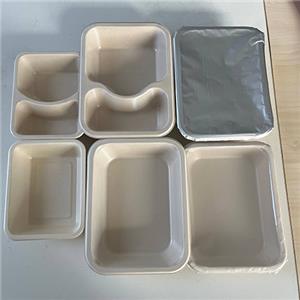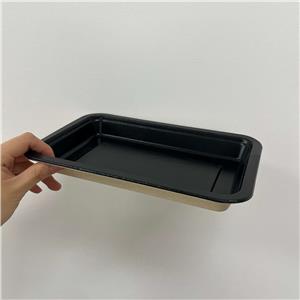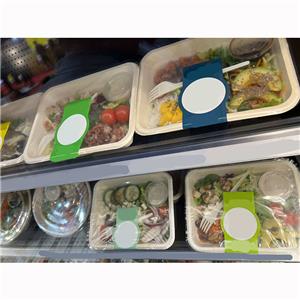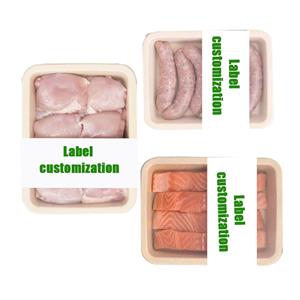How to Dispose of Broken Plates in the UK – And Why Bagasse Plates Are the Sustainable Alternative
How to Dispose of Broken Plates in the UK – And Why Bagasse Plates Are the Sustainable Alternative
London, UK – In households and restaurants across the UK, broken plates are an inevitable part of daily life. But while ceramic and porcelain dishes often end up in landfill due to limited recycling options, an eco-friendly solution is gaining ground — compostable bagasse plates made from sugarcane pulp.
The Problem with Traditional Plates
Traditional ceramic or porcelain plates cannot be recycled through standard household recycling bins. Most local councils advise residents to dispose of broken crockery in general waste, where they will ultimately end up in landfills and take hundreds of years to break down. Even glass kitchenware is typically non-recyclable due to its heat-treated composition.
This presents a clear challenge in both domestic and commercial settings: how can we reduce waste when even reusables break?
Bagasse: A Smarter, Greener Choice
Bagasse is a by-product of sugarcane processing — a fibrous material that was once discarded or burned. Today, it is transformed into sturdy, compostable plates, bowls, and food containers that naturally decompose in 60–90 days under commercial composting conditions.
Unlike plastic or ceramics, bagasse plates:
Are fully biodegradable and compostable;
Can withstand heat and moisture, making them ideal for hot meals and sauces;
Require less energy to produce compared to paper or plastic alternatives;
Offer a safe disposal method — just toss them into your food waste or compost bin (check with your local council for industrial composting options).
The UK’s Push Towards Sustainable Tableware
In light of the 2023 UK ban on single-use plastic plates, cutlery, and bowls, businesses are actively switching to greener options. Supermarkets, takeaways, festivals, and caterers are turning to bagasse tableware as a low-carbon, compliant solution that aligns with the UK’s net-zero goals.
“Disposables don’t have to be damaging,” says Laura Green, a sustainability consultant based in Manchester. “Bagasse products offer the durability of plastic without the pollution — and when they break or get thrown away, they return to the earth.”
What Should You Do with a Broken Bagasse Plate?
Simple: compost it. If you have a garden compost bin, you can break the plate into smaller pieces and mix it in. If your local council offers a food and garden waste collection, bagasse products can usually be included (always check your local authority’s guidelines).
As consumers become more environmentally conscious, the future of disposable tableware lies not in plastic or pottery, but in plant-based alternatives like bagasse. It’s time to rethink not only how we dispose of broken plates, but what we choose to eat from in the first place.




